Podcast: Play in new window | Download
Subscribe: Apple Podcasts | Spotify | Amazon Music | iHeartRadio | Email | TuneIn | RSS
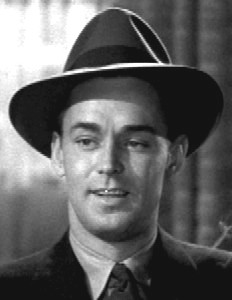
Podcast: Play in new window | Download
Subscribe: Apple Podcasts | Spotify | Amazon Music | iHeartRadio | Email | TuneIn | RSS

Robert Culp has passed away. As with other older actors whose work I shouldn’t be familiar with, I’m a big fan of Culp’s and Bill Cosby’s I Spy. I have it on my Netflix Instant watch queue. It was truly cool and showed forth wonderfulness. Even 40 years later it stands up pretty darn well. And Culp will definitely be missed
Bill Cosby paid tribute to his friend :
“The first-born in every family is always dreaming for an imaginary older brother or sister who will look out for them,” Cosby said. “Bob was the answer to my dreams.”
If you haven’t seen I Spy, I’ll give you a fair chance to avail yourself if you’ve got 51 minutes to spare. (yes, in the 1960s, you actually could get 51 minutes of show in an hour.) And if you’ve got another fifty minutes check out Greatest American Hero, a 1980s show featuring Culp.
Podcast: Play in new window | Download
Subscribe: Apple Podcasts | Spotify | Amazon Music | iHeartRadio | Email | TuneIn | RSS
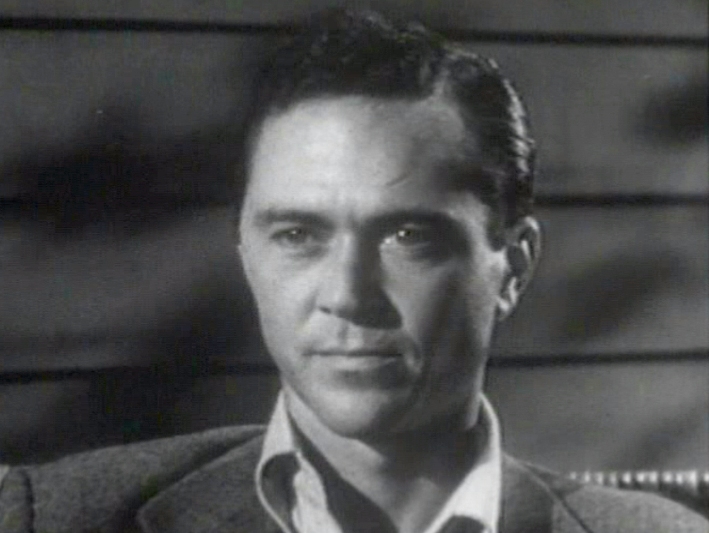
An 82-year old woman hires Johnny Dollar to protect her from her relatives who she fears will murder her for her money.
This episode is also known as “The Un-Nice Niece”
Original Air Date: November 12, 1949
If you don’t have an action packed expense account, remember Johnny Dollar Air…
Call the show at 208-991-GR8D(4783)
Take the listener survey at http://survey.greatdetectives.net
Click here to download, click here to add this podcast to your Itunes, click here to subscribe to this podcast on Zune, click here to subscribe to this feed using any other feed reader.
Podcast: Play in new window | Download
Subscribe: Apple Podcasts | Spotify | Amazon Music | iHeartRadio | Email | TuneIn | RSS
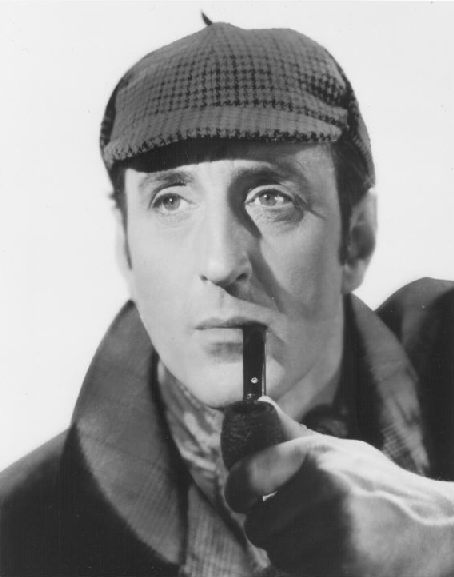
A female scientist wants Dr. Watson and his wife to invest in her invention, a metal which facilitates human teleportation.
Original Air Date: May 21, 1945
Podcast: Play in new window | Download
Subscribe: Apple Podcasts | Spotify | Amazon Music | iHeartRadio | Email | TuneIn | RSS
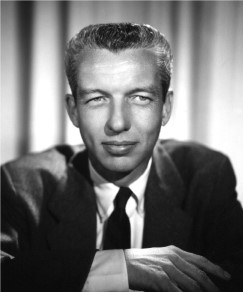
George is called in to investigate when paper used to print foreign currency is stolen.
Original Air Date: August 2, 1948
Podcast: Play in new window | Download
Subscribe: Apple Podcasts | Spotify | Amazon Music | iHeartRadio | Email | TuneIn | RSS
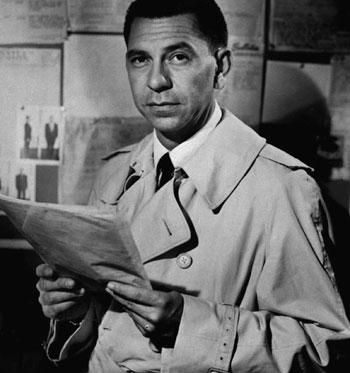
Jeff Regan investigates a fishy insurance policy.
Original Air Date: July 24, 1948
Click here to download, click here to add this podcast to your Itunes, click here to subscribe to this podcast on Zune, click here to subscribe to this feed using any other feed reader.
Podcast: Play in new window | Download
Subscribe: Apple Podcasts | Spotify | Amazon Music | iHeartRadio | Email | TuneIn | RSS

Outside of watching a lot of old movies growing up, thanks to my dad, if I were to attribute my love of classic films and radio to anything modern, I’d have to say that the Steven Speilberg cartoons of the early-to-mid 1990s would be a strong candidate.
Steven Speilberg produced not one, but three seperate cartoon series, which stand out from most modern series in that, to one extent or another, they each payed homage to the classics that came before. The goal was to produce shows that parents could watch with their children and both have a good time.
Tiny Toons Adventures brought back some of the classic cartoon characters as professors at Acme Looniversity. One episode in particular involved one of the young cartoon characters trying to bing a long forgotten 1930s cartoon.
Animaniacs billed itself as a real throwback to the 1930s, with its premise that the three stars had starred in old style cartoons and then been locked in a water tower for over sixty years until “they escaped.” The comic stylings of Yacko Warner were very reminsicent of Groucho Marx.
But perhaps the most nostalgic of the three shows was Pinky and the Brain. The show’s plot centered around two lab mice with designs on World domination. One was a frantic manic scatterbrain, while the other was a high IQ mouse that dreamed of world domination.
The show was perhaps the most intelligent cartoon show of its time. Its plots borrowed heavily from classics of television, film, and literature, as well as its satire of modern popular culture. Pinky and the Brain offered their takes on Around the World in 80 Days, The Third Man, and one plot even involved the Brain’s plan to take over the world through the power of radio with a parody of The Shadow. The Brain also plots to take over the World using Orson Welles famous War of the Worlds broadcast as a basis for his plot.
The Brain was consciously modeled in many ways after Orson Welles, and his entire character is somewhat reminiscent of Orson Welle’s Harry Lime. His goal of world domination should make us hate the Brain, but the audience can’t help but like him, and even pity him as he goes through his many trials.
Maurice LaMarche who did the voice of the Brain is a big Orson Welles afficianado. One of the more interesting Pinky and the Brain shorts had LaMarche recreating Orson Welle’s famous pea soup commercial in a G-rated version.
While many of the episodes have become dated by references to politicians like Clinton and Gingrich, the most timeless ones were those that took a look back to some of the best of the past. For more on the links between Brain and Orson Welles, read here.
Podcast: Play in new window | Download
Subscribe: Apple Podcasts | Spotify | Amazon Music | iHeartRadio | Email | TuneIn | RSS

Johnny Dollar is off to the South Pacific to check up on six insured missing men.
Original Air Date: November 5, 1949
If you don’t have an action packed expense account, remember Johnny Dollar Air…
Take the listener survey at http://survey.greatdetectives.net
Click here to download, click here to add this podcast to your Itunes, click here to subscribe to this podcast on Zune, click here to subscribe to this feed using any other feed reader.
Podcast: Play in new window | Download
Subscribe: Apple Podcasts | Spotify | Amazon Music | iHeartRadio | Email | TuneIn | RSS

Holmes and Watson come out of retirement to help the British Military in World War I. Holmes has to find out if an actor visiting the troops is really a traitor.
Original Air Date: May 14, 1945
Podcast: Play in new window | Download
Subscribe: Apple Podcasts | Spotify | Amazon Music | iHeartRadio | Email | TuneIn | RSS

A man makes up a fake robbery to hide his gambling from his wife, but it gets complicated when another man confesses to the fictional robbery. That’s where George comes in.
Original Air Date: July 26 , 1948
Podcast: Play in new window | Download
Subscribe: Apple Podcasts | Spotify | Amazon Music | iHeartRadio | Email | TuneIn | RSS

The Lyon hires Jeff Regan out to go to New Orleans to find an old man’s daughter. Regan finds she’s already dead, but the mystery is just beginning.
Original Air Date: July 17, 1948
Take our listener survey at http://survey.greatdetectives.net
Cast your vote for the show at http://podcastalley.greatdetectives.net
Click here to download, click here to add this podcast to your Itunes, click here to subscribe to this podcast on Zune, click here to subscribe to this feed using any other feed reader.
Podcast: Play in new window | Download
Subscribe: Apple Podcasts | Spotify | Amazon Music | iHeartRadio | Email | TuneIn | RSS

Dan Holiday goes to help an old college professor friend whose fiance unexpectedly leaved him when her uncle died. The professor ends up facing a murder charge and Holiday has to clear him.
Original Air Date: May 19, 1948
Podcast: Play in new window | Download
Subscribe: Apple Podcasts | Spotify | Amazon Music | iHeartRadio | Email | TuneIn | RSS
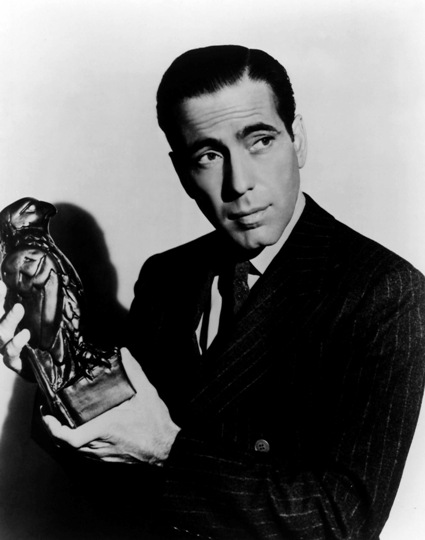
In this 1943 adaptation of the original hardboiled detective story: Miles Archer, the partner of Sam Spade (played by Humphrey Bogart) is killed while shadowing someone for a client ( Mary Astor.) When the man Archer was shadowing is killed, the police suspect Spade. Spade must find Archer’s killer and to do it he has to match wits against dangerous international criminals (Peter Lorre and Sidney Greenstreet.)
Original Air Date: September 20, 1943
Click here to download, click here to add this podcast to your Itunes, click here to subscribe to this podcast on Zune, click here to subscribe to this feed using any other feed reader.
Podcast: Play in new window | Download
Subscribe: Apple Podcasts | Spotify | Amazon Music | iHeartRadio | Email | TuneIn | RSS

Johnny Dollar is dispatched to San Francisco to investigate a man who is hinting that he’s behind a series of “accidental deaths.” At the time of each death, the man has a perfect alibi.
Original Air Date: October 29, 1949
Take the listener survey at http://survey.greatdetectives.net
Click here to download, click here to add this podcast to your Itunes, click here to subscribe to this podcast on Zune, click here to subscribe to this feed using any other feed reader.